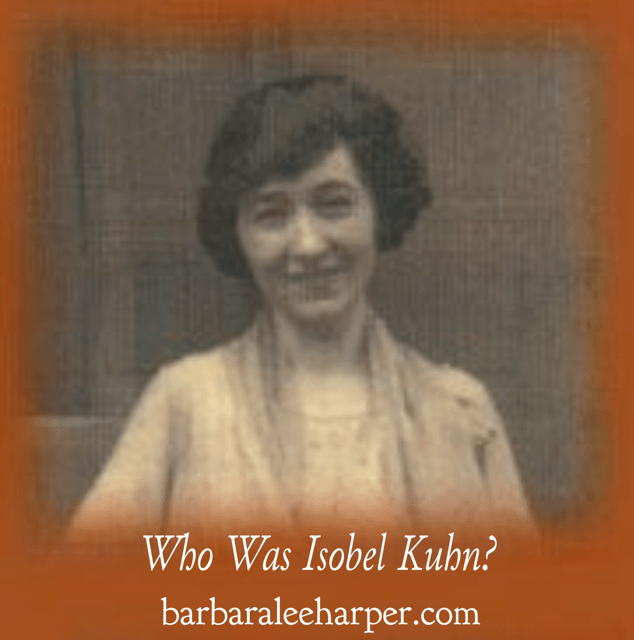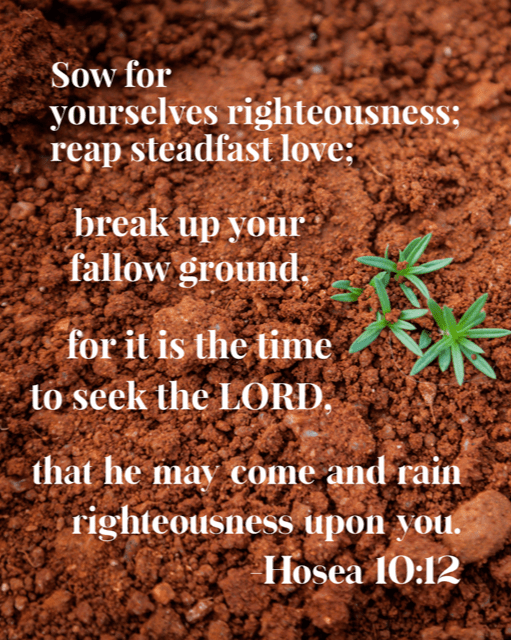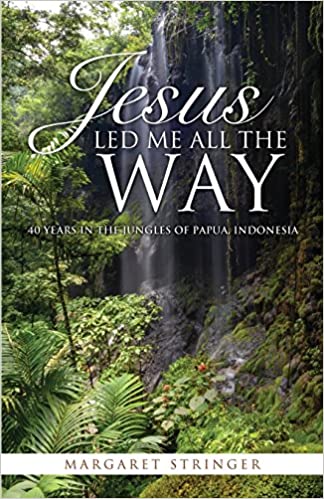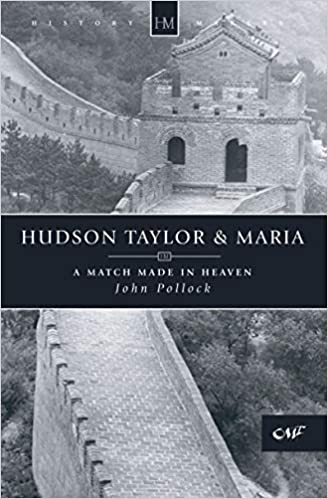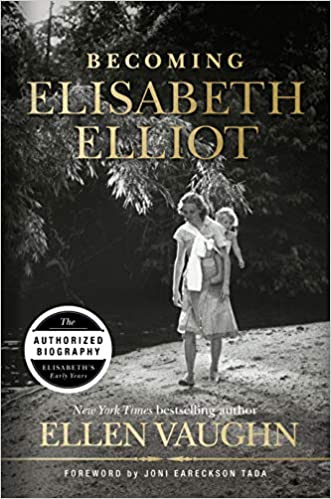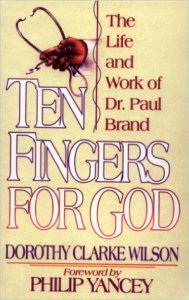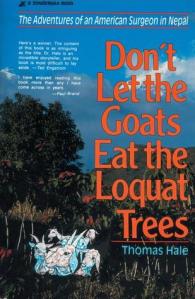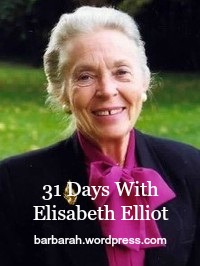Several weeks ago, the chapter I submitted to my critique group mentioned Isobel Kuhn a couple of times. I was surprised that several of the women in the group weren’t familiar with her.
In my early married life, the ladies’ group of the church we attended had a lending library. Isobel’s books were among the most often checked-out. She was as well known in that time and place as Elisabeth Elliot or Amy Carmichael. I believe that’s where I first heard of Isobel: I know that’s when I started reading her books.
Isobel was a Canadian missionary with China Inland Mission (founded by Hudson Taylor) to the Lisu tribe in China from 1928 to 1950, when forced out by the Communists. She and her husband, John, ministered in Thailand for just a few years until she was diagnosed with cancer. She died in 1957 at the age of 55.
She had grown up in a Christian home in Vancouver. In her book, By Searching: My Journey Through Doubt Into Faith, she writes that when she left for a secular college, her parents armed her with all kinds of arguments against modernism.
In one of her first classes, her professor asked if anyone still believed in heaven and hell, in Genesis, etc. Only Isobel and one other student raised their hands. The professor didn’t present arguments against the Bible: he only said, “Oh, you just believe that because your papa and mama told you so.”
On the way home from class, Isobel examined why she believed what she believed in light of what she was learning in her classes and concluded the professor was right: she only believed because of what her parents said. She determined to “accept no theories of life which [she] had not proved personally” (p. 7). She wouldn’t say there was no God, but rather that she didn’t know whether there was or not. Instead of seeking out the answer to such an important question, she determined that, since one can’t know, then it really didn’t matter what one did. She gave up going to church so she could sleep in on Sunday to rest up after parties and dances through the week. She set aside Bible reading, and she gave herself to the activities she had always been taught were “worldly.”
At first everything was pleasant and fun, but she discovered before long that nothing satisfied. One night she was so low that she even contemplated taking her own life. A groan from her father in his sleep in another room reminded her of the devastating effect suicide would have on her family. She prayed, “God, if there be a God, If You will prove to me that You are, and if You will give me peace, I will give you my whole life.”
The rest of the book tells how He answered that prayer. “To find that He is, this is the mere starting-point of our search. We are lured on to explore what He is, and that search is never finished, for it grows more thrilling the further one proceeds” (p. 94).
God led her to a few summer missions conference at The Firs. During one conference, she heard J. O. Frasier speak about the Lisu tribe he ministered to. Her heart was stirred, and eventually she felt led to go to China herself. Frasier became a mentor to Isobel and later to John.
The problem was Isobel’s mother. For all of her missionary work in the church, Isobel’s mother declared that her daughter would go to the mission field only over her dead body. Her mother wanted her to marry well and move in “good society.” The thought of her daughter depending on the charity of others was more than she could bear. Isobel consulted with Frasier, who gave her some sound advice.
Isobel’s second book, In the Arena, tells how God turned her mother’s heart, provided for Isobel to go to Moody Bible College, led her to her husband, John, and then led them both to China. She tells of different events in their family and ministry, then her cancer diagnosis.
Some incidents in Isobel’s life were highly influential to my own. Here are a few of them:
She had covenanted with a group of friends to read the Bible an hour a day for a year. She divided up her hour into two thirty-minute sessions. One day she got back to her room right before dinner. She hadn’t had her second session with the Bible that day and only had the next thirty minutes in which to do so. She had a program to participate in that night and a devotional she was supposed to give which she had not even started to prepare for. She knew she’d be dead tired when she got home: her class was supposed to clean up after the event as well. She debated whether to have her devotional time, go to dinner, or prepare for her talk. Finally she said, “Lord, I choose you.” And in the time with Him, she felt He gave her what to say for her talk.
When she was a little older and living in a noisy boarding house, she couldn’t find a quiet time to read her Bible. She asked God to wake her up at 2 a.m., when the house was quiet.
In her early married life, she joyfully set up her home with weddings gifts. She was excited to receive her first women guests. As she began to talk with them, one blew her nose and wiped the stuff on a her new rug. The other’s baby was allowed to wet all over another rug. Isobel knew that they were not being deliberately offensive: those were just the customs of the country people in that time and place. Yet, naturally, resentment welled up and she had a battle in her heart. She wrote, “If possessions would in any way interfere with our hospitality, it would be better to consign them to the river. In other words, if your finery hinders your testimony, throw it out. In our Lord’s own words, if thine hand offend thee, cut it off. He was not against our possessing hands, but against our using them to hold on to sinful or hindering things.”
Whom God Has Joined is a collection of essays about marriage. It was originally titled One Vision Only and published with biographical remarks by a Carolyn Canfield. I think later versions were published without Canfield’s remarks.
When John proposed, Isobel wrote, “John and I are of very opposite dispositions, each rather strong minded. Science has never discovered what happens when the irresistible force collides with the immovable object. Whatever would happen if they married one another?”
One incident she writes of here occurred when she was telling a story to friends. She was artistic and exuberant and commented that it was “pouring rain.” John corrected her, saying it was “merely raining.” She was indignant that her story was being interrupted by such a minor detail and said, “I didn’t stop to count the raindrops.” He replied that that was just what she should do. He felt she exaggerated and wanted to break her of it. He began “correcting” her prayer letters and stories and began to use the catch-phrase, “Did you count the raindrops?” It was discouraging and distressing to her and she felt it had a stilted effect on her writing. She tells how over time the Lord used this to help her husband appreciate his wife’s gift of imagination and expression and helped her to be more accurate. She commented on the need for prayer, bearing with one another, and forgiveness. “The passion for accuracy plus a sympathetic imagination which relives another’s joys and sorrows—that is double effectiveness. Either quality working unrestrained by itself would never have been so effective. But it cost mutual forgiveness and endurance to weld these two opposites into one!”
Another time, she and her husband had a sharp disagreement. Angry and resentful, she walked out of the house, not caring where she went, just to get away from it all. Gradually she came to herself and realized she was in a little Chinese village as darkness was nearing. In that time and culture that was not done: “good women were in their homes at such an hour.” She felt as if the Lord were saying to her, “You have not considered Me and My honor in all this, have you?” She felt convicted her that she had not even invited Him into the situation. She confessed that was true, asked Him to work it out, and went home. And He did.
One of my favorite pieces of Isobel’s writings was a chapter titled “A Sense of Him” in her book, Second-Mile People. I wrote more about it here. She tells of one particular friend who carried a sense of God’s presence and peace through everything she did, even laughing and chatting.
Her book Green Leaf in Drought is not about her at all, but rather about Arthur and Wilda Mathews, who were the last CIM missionaries to leave China after it fell under Communist rule. Even though they were not welcome, they were not allowed to leave for some time. I was moved by the hardships they endured, what they learned, and how God provided for them (my review is here).
Most of her other books are about their work in China and Thailand. Some of the people they ministered to became dear to me as well. I anticipate meeting them in heaven some day!
Through her mentions of J. O. Fraser, I read two good biographies of him: Behind the Ranges by Geraldine Taylor and a later one, Mountain Rain, by his daughter, Eileen Crossman.
Isobel’s writing style was engaging and relatable. She was transparent about her faults and foibles and the hard lessons she had to learn.
As I suppose could be said about anyone, I wouldn’t agree with every little thing Isobel said and did. But overall, she sought to follow, serve, love, and obey God. Her life inspired me many times over. If you’ve never read her books, I hope you will.
(Note: some portions of this post were taken from previous posts about Isobel.)
(I often link up with some of these bloggers.)

